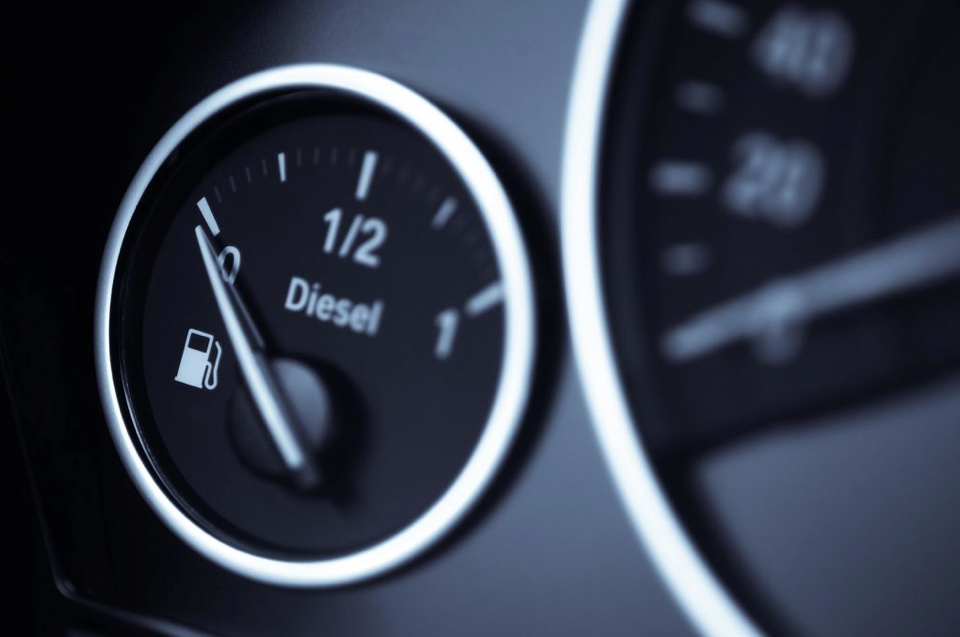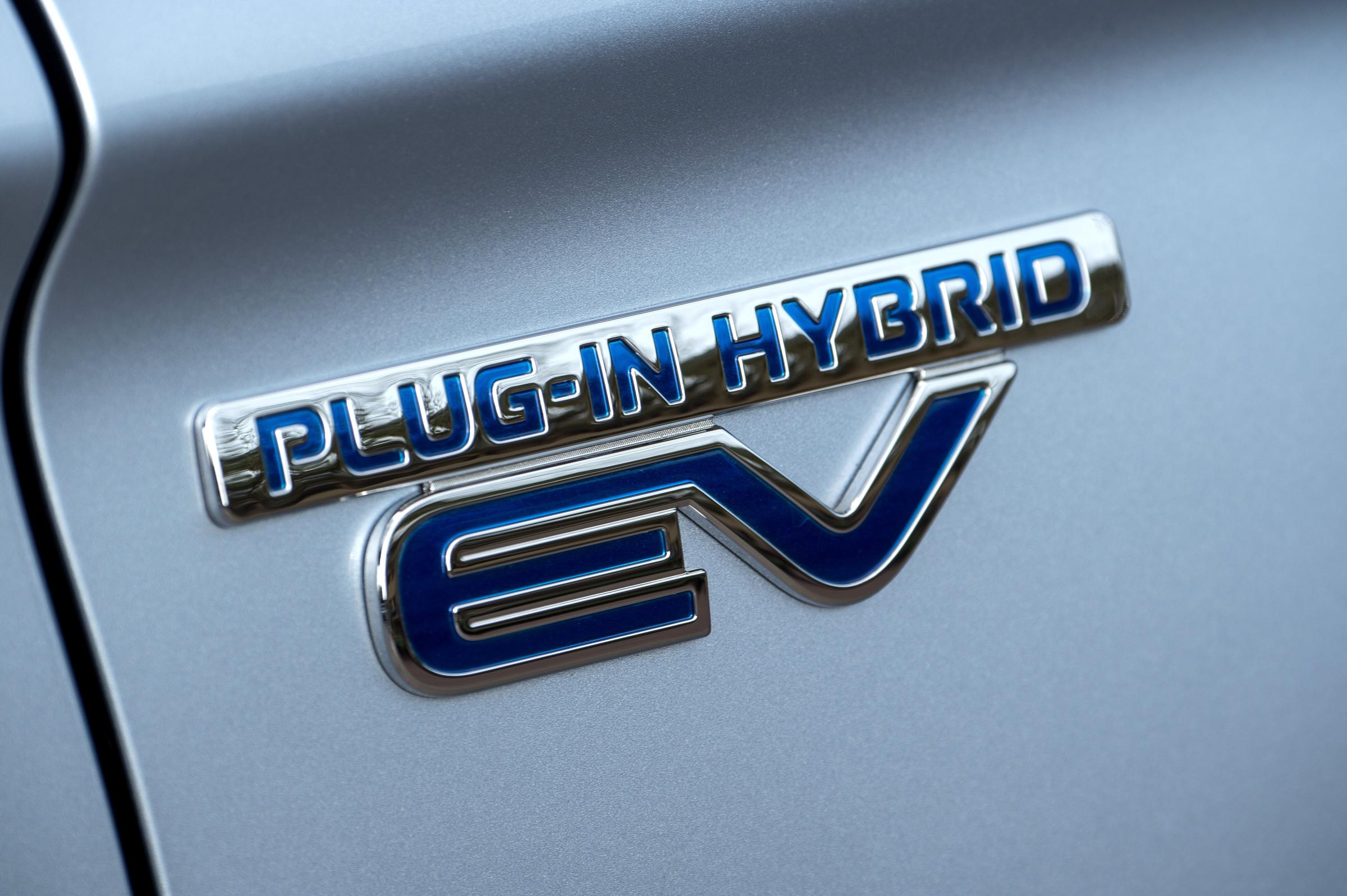 MPs want the government to bring forward its proposed 2040 ban on the sale of new petrol and diesel cars by eight years to 2032 – and have criticised it for being ‘vague and unambitious’ about zero emission cars.
MPs want the government to bring forward its proposed 2040 ban on the sale of new petrol and diesel cars by eight years to 2032 – and have criticised it for being ‘vague and unambitious’ about zero emission cars.
The Business, Energy and Industrial Strategy Committee (BEIS), a parliamentary select committee, also blamed a lack of public charging points for electric vehicles (EVs) for the lack of growth in the UK EV market – although David Martell, chief executive of electric car charging company BP Chargemaster, said the committee’s report “appears to be based on outdated information.”
BEIS chair Rachel Reeves MP said: “For all the rhetoric of the UK becoming a world leader in EVs, the reality is that the government’s deeds do not match the ambitions of their words.”
She said that targeting zero-emissions new car sales by 2032 would show the world Britain is serious about being a EV leader.
“The government needs to get a grip and lead.”
The car industry, however, has does not believe the transition is realistic. “Government’s 2040 ambition was already extremely challenging,” said Mike Hawes, chief executive of automotive trade body the Society of Motor Manufacturers and Traders (SMMT).
“To fast-track that by eight years would be nigh on impossible.
“Zero emission vehicles make up just 0.6 percent of the market, meaning consumer appetite would have to grow by some 17,000 percent in just over a decade. This is unrealistic and rejects the evidence put forward by SMMT on behalf of the industry.”
‘Perverse’

The publication of the report comes in the same week the government withdrew the Plug-in Car Grant for plug-in hybrid electric vehicles, a decision the car industry called ‘astounding’.
On this decision, Reeves was clear: “The Department for Transport’s slashing of the Plug-in Grant scheme drives the incentives of buying an electric vehicle into reverse.
“Cutting support is a perverse way to encourage drivers to move into non-polluting cars. This is only the latest sign of the government’s inconsistent approach to develop the market for electric vehicles.”
Hawes agreed: We said we need world class infrastructure and world class incentives to have any chance of delivering so the recent cuts to the Plug-in Car Grant and lack of charging facilities – both of which are severely criticised by the Committee – show just how difficult it would be to accelerate this transition.”
BEIS wants the government to maintain the grants, give electric vehicles preferential Vehicle Excise Duty Rates and bring forward preferential EV company car tax rates “without delay”.